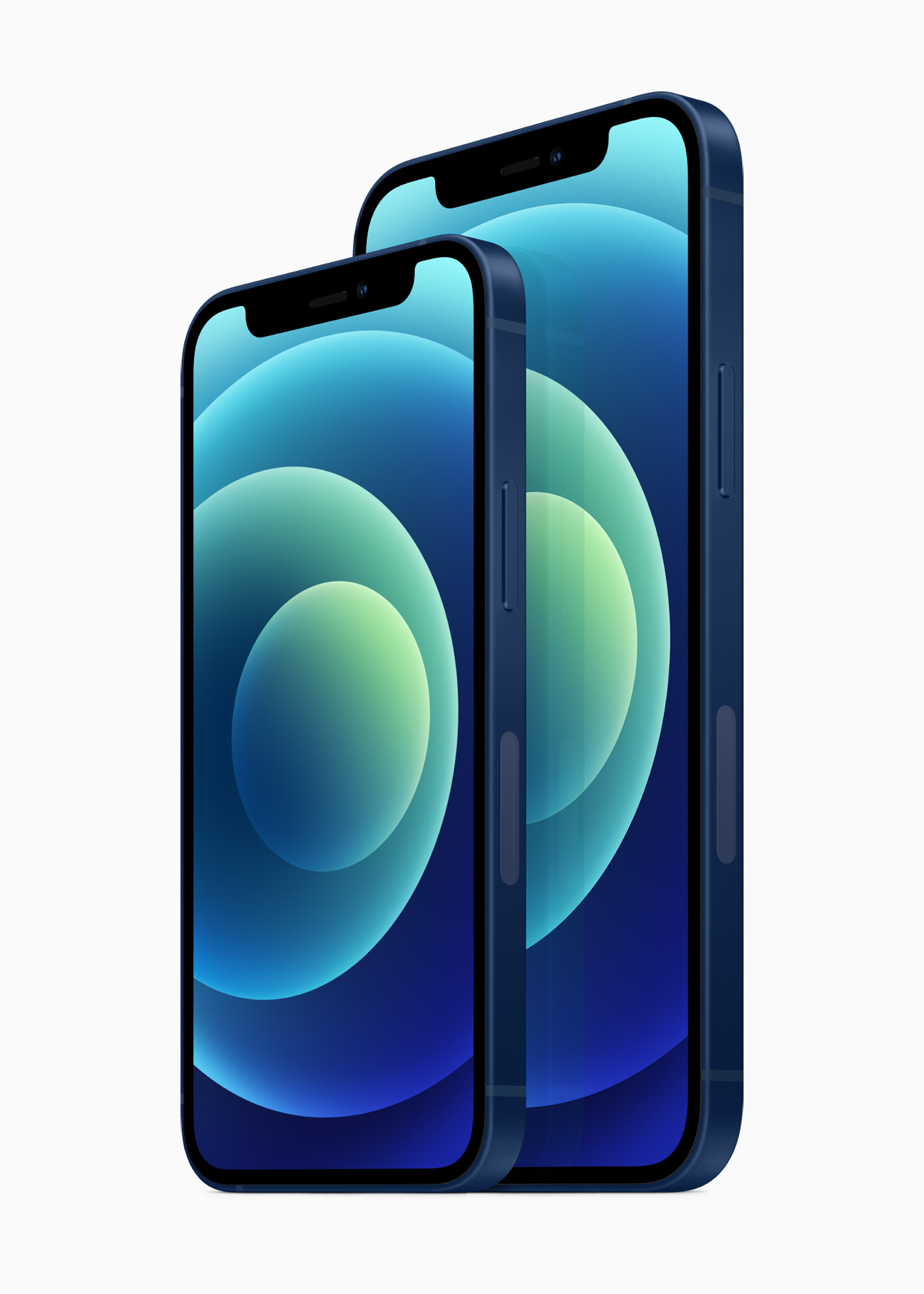France Halts Sales Of iPhone 12, Cites Radiation Exposure

Apple is pushing back against a move by French watchdog to ban sales of Apple iPhone 12 over radiation exposure limits
Apple and French officials are locked in a dispute over the safety of the Apple iPhone 12, which potentially will see sales of the handset banned in the country.
On Tuesday the French ANFR watchdog announced that the iPhone 12 emits more electromagnetic waves susceptible to be absorbed by the body than permitted.
Apple however is disputing tests by the watchdog and on Wednesday said that its iPhone 12 was certified by multiple international bodies as compliant with global radiation standards.
![]()
Radiation exposure
The Guardian reported that the French ANFR watchdog said it had found the phone’s specific absorption rate (SAR) – a measure of the rate of radio frequency energy absorbed by the body from a piece of equipment – was 5.74 watts per kilogram during tests simulating the phone being held in the hand or kept in a pocket.
The EU standard for SAR is 4.0 watts per kilogram in such tests, the Guardian noted.
The French regulator reportedly noted the handset complied with multiple other SAR tests it conducted as part of its recent tests on 141 phones.
The ANFR reportedly said on Tuesday that it would send agents to Apple stores and other distributors to check that the model, which was launched in October 2020 and was recently withdrawn from the company’s product line, was no longer being sold.

The watchdog reportedly said it expected Apple “to deploy all available means to put an end to the non-compliance” and that a failure to act would result in the recall of iPhone 12 handsets already sold to consumers.
Apple response
The Guardian reported that Apple said it was engaging with the regulator and that it had presented multiple internal and independent lab results showing the devices were in compliance with all global SAR regulations and safety standards.
The company publishes the SAR values of its devices on its website, including for the iPhone 12.
The issue of radiation and mobile phones has been ongoing for years now.
Campaigners have long argued that radiation emitted from mobile phones or mobile networks pose health risks, despite years of evidence to the contrary.
Indeed, a number of studies have found no evidence to suggest that mobile phone use is linked to tumours, and that the arrival of smart grids, mobile networks, or smart meters in people’s homes, carries a cancer risk.
More recently radiation campaigners switched their focus to 5G signals and mobile base stations.
In March 2020 international radiation experts at ICNIRP based in Germany, the international body in charge of setting limits on exposure to radiation, declared that 5G was safe for human health.
Prior to that the UK communications regulator Ofcom carried out safety tests in the UK of 5G base stations and found that there is no danger to the public posed by electromagnetic energy (EME) levels.
USB connectors
The news of the French sales ban came as Apple announced its latest iPhone 15 models on Tuesday, which have adopted the universal USB-C charging connector replacing the firm’s proprietary Lightning connectors.
The decision to drop the Lightning port was forced upon Apple, after the European Union in October 2022, after more than a decade of trying, finally agreed a common (or universal) charging standard (USB-C) for all mobile devices.
That meant that from Autumn 2024, all electronic devices would need to support USB-C charging, and Apple has opted to make the switch well before that deadline.
Soon after the EU decision, Greg Joswiak, Apple’s senior vice president of worldwide marketing reluctantly told The Wall Street Journal Tech Live conference, “obviously we’ll have to comply.”